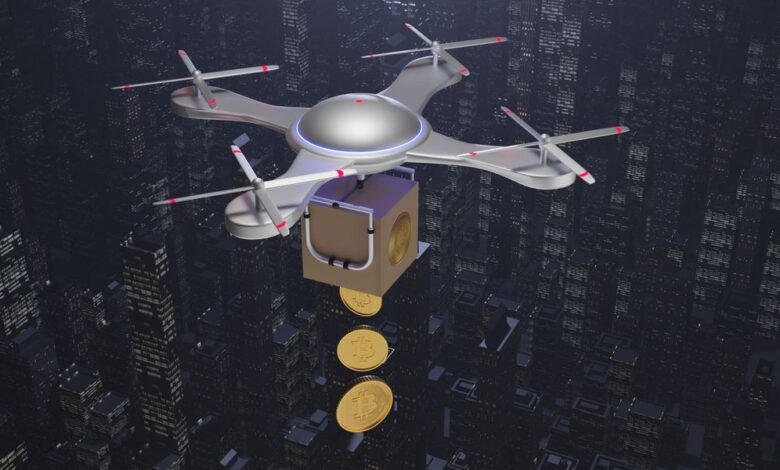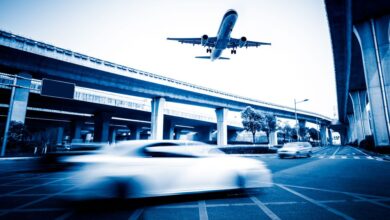Exploring The Frontiers Of Air Mobility: Innovations And Challenges In Electric Flight

$JOBY, $PERSISTENT.NS, $IREDA.NS
In the rapidly evolving sector of air mobility, companies like Joby Aviation (JOBY) are at the forefront, pushing the boundaries of what’s possible with electric vertical takeoff and landing vehicles (eVTOLs). This innovative approach to transportation is poised to revolutionize urban travel by offering a sustainable alternative to traditional aircraft and helicopters. The industry moves toward a greener future, the challenges and advancements in this field highlight both the potential and the hurdles of electric flight.
Joby Aviation, a California-based enterprise, has made significant strides in the development of eVTOLs, which promise to transform short-distance air travel. The organization’s aircraft are designed to travel up to 100 miles on a single charge, facilitating quick and efficient urban commutes, such as the journey from downtown New York City to JFK Airport in mere minutes. This capability positions the enterprise as a leader in the burgeoning market of air taxis, which are expected to become a common sight in urban skies by 2025.
The push towards electric aviation is part of a broader movement within the industry to reduce carbon emissions and combat climate change. Traditional aircraft, particularly those used for long-haul flights, are significant contributors to global carbon emissions. In response, the sector is exploring various green energy solutions, including sustainable fuels and hybrid systems, to create a more sustainable future. For instance, companies are developing clean jet fuels for larger aircraft, while startups focus on electrifying smaller planes and helicopters.
However, the transition to electric flight is not without its challenges. The weight of batteries remains a major obstacle for long-distance electric flights, necessitating the continued use of sustainable aviation fuels to achieve decarbonization goals. Moreover, regulatory approval is a critical hurdle that must be overcome before these innovative aircraft can enter commercial service. The Federal Aviation Administration (FAA) is currently working to establish safety standards and certification processes for eVTOLs, a step that is crucial for the commercial viability of electric air taxis.
The potential benefits of electric flight are compelling. Electric aircraft offer a quieter, cleaner alternative to conventional air travel, significantly reducing the noise and environmental impact associated with airports and urban airspaces. Furthermore, the operational costs of electric flight are expected to decrease over time, making air travel more accessible to a broader segment of the population.
As the industry continues to innovate and navigate regulatory landscapes, the future of electric flight looks promising. With companies like Joby Aviation leading the charge, the dream of sustainable, efficient and convenient air travel is closer to becoming a reality. The success of these endeavors will not only transform how people commute but also play a crucial role in the global effort to mitigate climate change and promote sustainability in aviation. The journey towards electric flight is just beginning and its progress will be closely watched by both industry insiders and environmental advocates alike.


